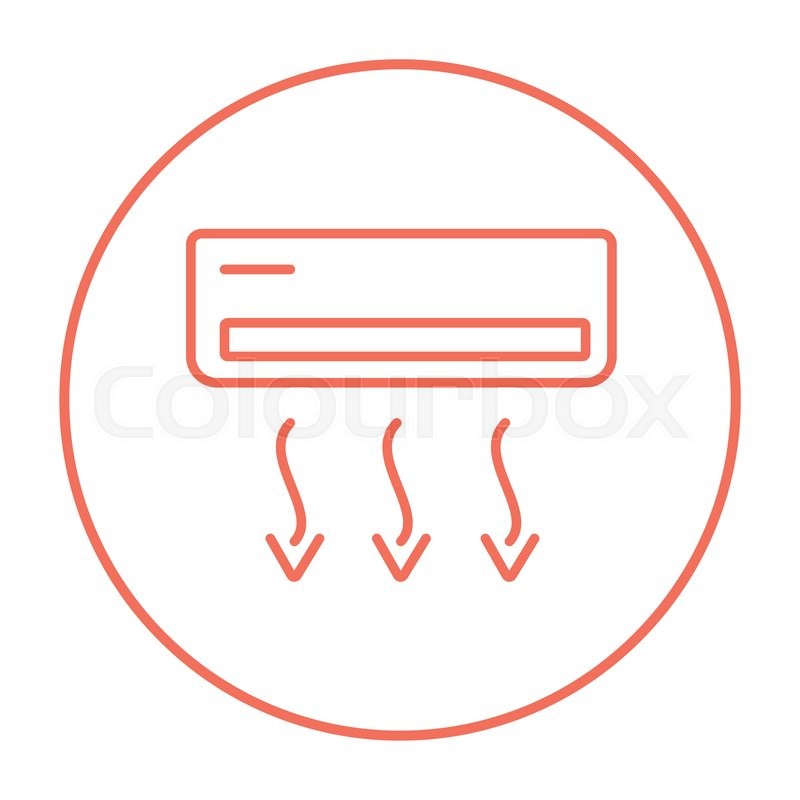The Future Of Home Home Heating - Exactly How Heatpump Technology Is Advancing
The Future Of Home Home Heating - Exactly How Heatpump Technology Is Advancing
Blog Article
Web Content Writer-Baker Ringgaard
Heat pumps will certainly be an important innovation for decarbonising home heating. In a situation constant with federal governments' revealed power and environment dedications, their global capability increases by 2030, while their share in heating rises to one-quarter.
They function best in well-insulated homes and rely on power, which can be provided from an eco-friendly power grid. Technical innovations are making them extra reliable, smarter and more affordable.
Gas Cells
Heatpump make use of a compressor, cooling agent, coils and fans to move the air and heat in homes and home appliances. They can be powered by solar power or power from the grid. They have been gaining popularity as a result of their low cost, quiet procedure and the capability to create electrical power during peak power demand.
Some business, like IdaTech and BG MicroGen, are dealing with fuel cells for home heating. These microgenerators can change a gas central heating boiler and generate several of a residence's electric requirements with a connection to the electrical energy grid for the remainder.
However there are reasons to be skeptical of using hydrogen for home heating, Rosenow says. It would be costly and ineffective compared to other modern technologies, and it would contribute to carbon exhausts.
just click the next website and Connected Technologies
Smart home innovation allows property owners to connect and control their gadgets remotely with using mobile phone apps. As an example, smart thermostats can discover your heating choices and instantly adjust to optimize power consumption. Smart illumination systems can be managed with voice commands and instantly switch off lights when you leave the room, reducing energy waste. And wise plugs can keep track of and handle your electrical use, enabling you to recognize and limit energy-hungry home appliances.
The tech-savvy family illustrated in Carina's meeting is an excellent illustration of exactly how owners reconfigure space heating techniques in the light of brand-new clever home technologies. They rely upon the devices' computerized functions to execute everyday adjustments and concern them as a hassle-free means of performing their home heating techniques. Because of this, they see no reason to adapt their methods better in order to allow adaptability in their home energy demand, and interventions targeting at doing so might face resistance from these homes.
https://www.charlotteobserver.com/news/local/article261650792.html
Since warming homes accounts for 13% of US exhausts, a switch to cleaner options could make a huge difference. But the technology faces obstacles: It's costly and calls for substantial home restorations. And it's not always suitable with renewable resource resources, such as solar and wind.
Till just recently, electric heatpump were too expensive to take on gas models in a lot of markets. Yet new innovations in layout and materials are making them a lot more inexpensive. And better chilly environment performance is allowing them to function well even in subzero temperatures.
The following step in decarbonising heating may be the use of warm networks, which attract heat from a central resource, such as a nearby river or sea inlet, and disperse it to a network of homes or structures. That would certainly reduce carbon emissions and permit households to take advantage of renewable resource, such as environment-friendly electrical power from a grid supplied by renewables. This option would be less costly than switching to hydrogen, a nonrenewable fuel source that needs brand-new facilities and would only minimize carbon dioxide discharges by 5 percent if coupled with improved home insulation.
Renewable resource
As electrical power rates drop, we're beginning to see the very same fad in home heating that has driven electrical cars and trucks right into the mainstream-- but at an also much faster pace. The solid climate situation for electrifying homes has actually been pushed better by brand-new study.
Renewables make up a substantial share of modern warmth usage, but have actually been offered restricted policy focus around the world contrasted to other end-use fields-- and also less focus than power has. Partly, this shows a mix of customer inertia, split incentives and, in lots of countries, subsidies for fossil fuels.
New innovations can make the shift less complicated. For instance, heat pumps can be made a lot more power effective by changing old R-22 cooling agents with new ones that do not have the high GWPs of their predecessors. Some experts also picture area systems that draw heat from a nearby river or sea inlet, like a Norwegian fjord. The warm water can then be utilized for cooling and heating in an area.